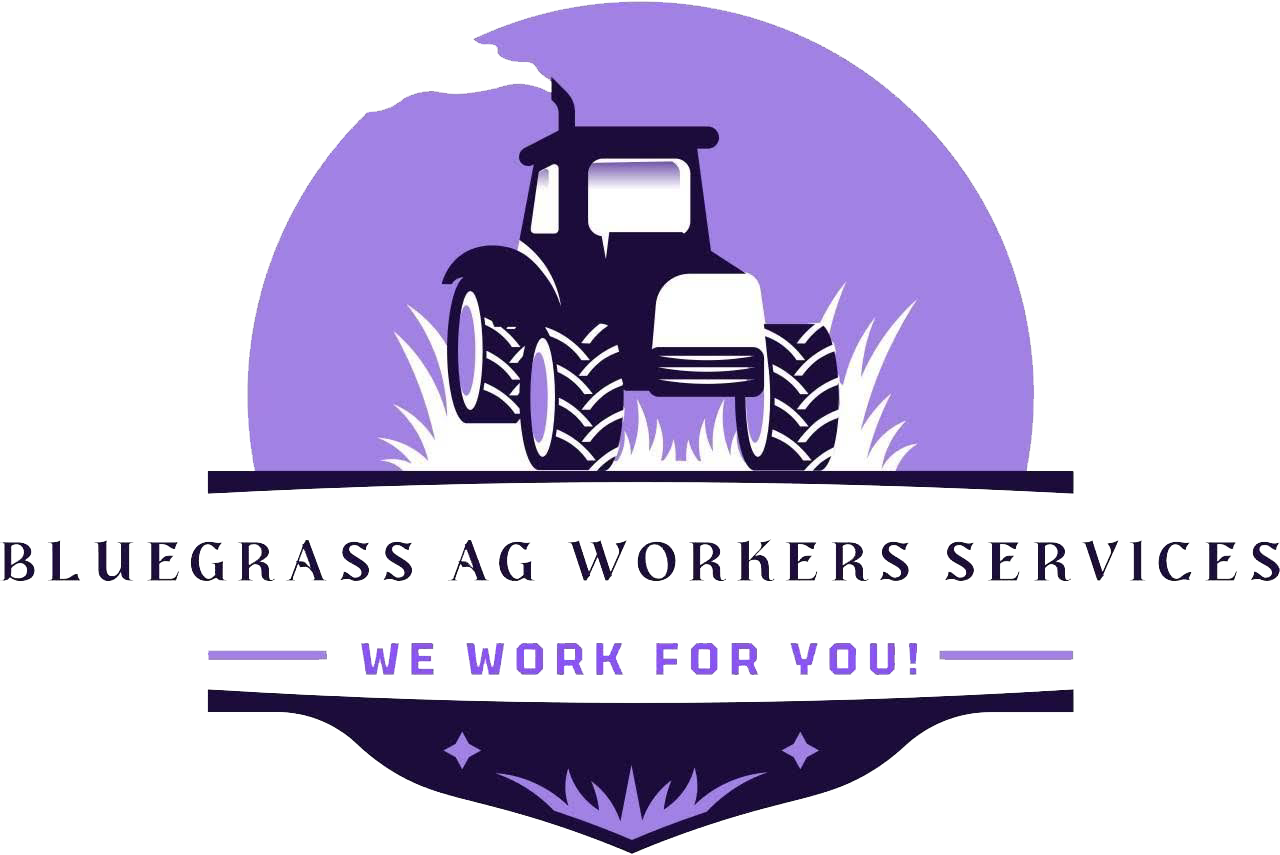

The employer agrees that it will offer, advertise in its recruitment, and pay at least the Adverse Effect Wage Rate (AEWR), the prevailing hourly wage rate, the prevailing piece rate, the agreed-upon collective bargaining rate, or the Federal or State minimum wage rate, in effect at the time work is performed, whichever is highest. If the worker is paid on a piece rate basis and at the end of the pay period the piece rate does not result in average hourly piece rate earnings during the pay period at least equal to the amount the worker would have earned had the worker been paid at the appropriate hourly rate of pay, the employer agrees to supplement the worker's pay at that time so that the worker's earnings are at least as much as the worker would have earned during the pay period if the worker had instead been paid at the appropriate hourly wage rate for each hour worked. 20 CFR 655.120, 655.122
Current AEWRThe employment of workers who are not H–2A workers by an employer who has an approved Application for Temporary Employment Certification in any work included in the job order, or in any agricultural work performed by the H–2A workers. To qualify as corresponding employment, the work must be performed during the validity period of the job order, including any approved extension thereof.
H-2A employers must guarantee to offer each covered worker employment for a total number of hours equal to at least 75% of the workdays in the contract period – called the “three-fourths guarantee.” For example, if a contract is for a 10-week period, during which a normal workweek is specified as 6 days a week, 8 hours per day, the worker would need to be guaranteed employment for at least 360 hours (e.g., 10 weeks x 48 hours/week = 480 hours x 75% = 360).
Employer agrees to furnish to the worker on or before each payday in one or more written statements the following information:
Employer agrees to keep accurate and adequate records with respect to the workers' earnings at the place
or places of employment, or at one or more established central recordkeeping offices where such records
are customarily maintained. All records must be available for inspection and transcription by the
Department of Labor or a duly authorized and designated representative, and by the worker and
representatives designated by the worker as evidenced by appropriate documentation. Where the records
are maintained at a central recordkeeping office, other than in the place or places of employment, such
records must be made available for inspection and copying within 72 hours following notice from the
Department of Labor, or a duly authorized and designated representative, and by the worker and
designated representatives. The content of earnings records must meet all regulatory requirements and be
retained by the employer for a period of not less than 3 years after the date of certification by the
Department of Labor. 20 CFR 655.122(j). 10.. 20 CFR 655.122(k)
The employer must be recording and furnishing the hours actually worked each day, the time the worker
begins and ends each workday, as well as the nature and amount of work performed, but otherwise must
comply with the earnings records and hours and earnings statement requirements set out in 20 CFR
655.122(j) and (k). (Any documents used to help record, count, document rates for the paystubs needs to
be kept)